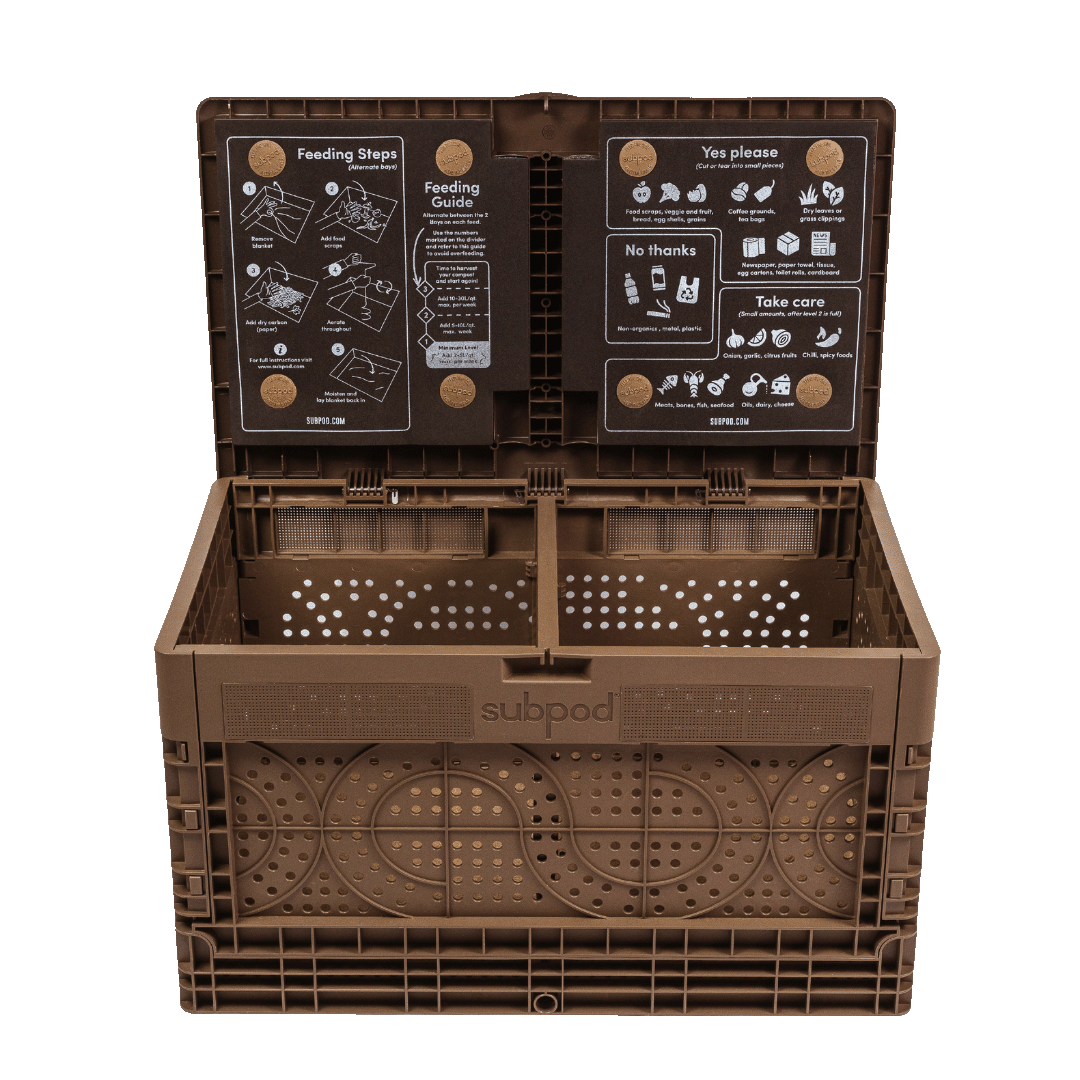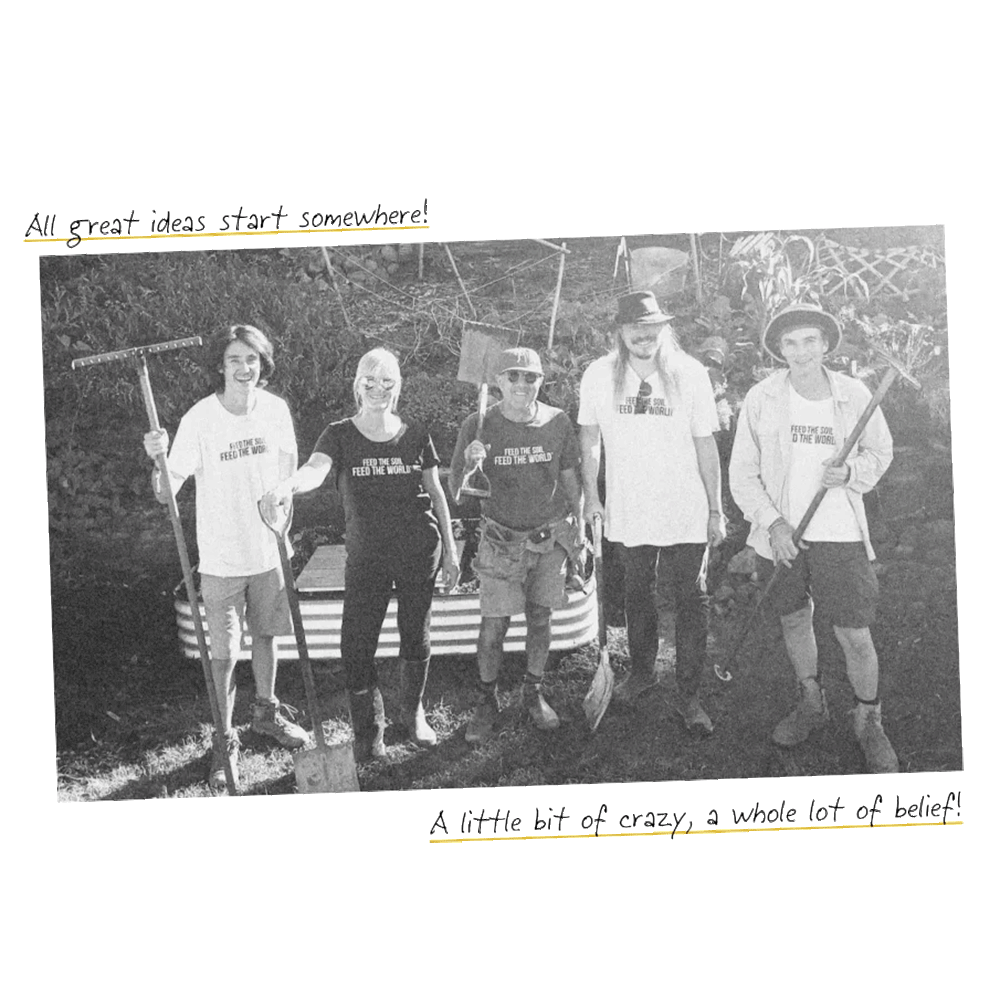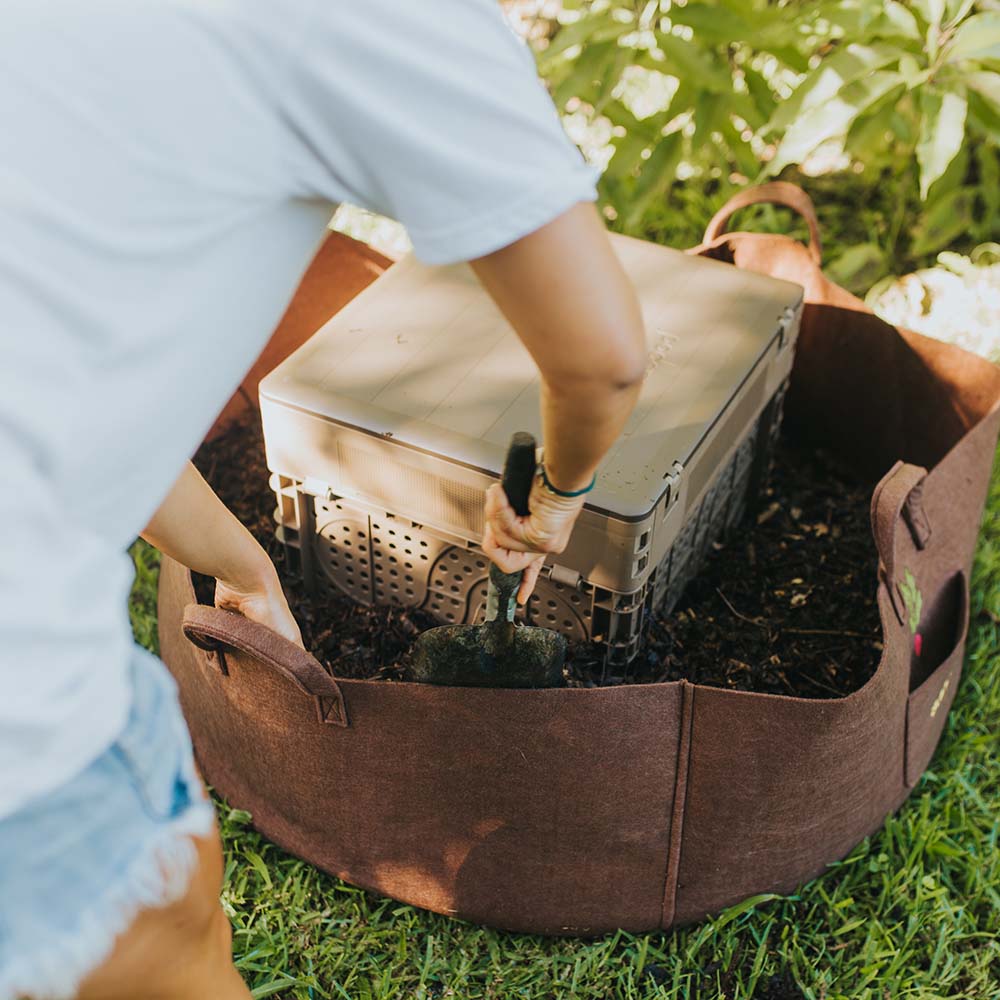Earth Day is more than just an annual celebration of the environmental movement, it’s a day to spread the word about the transformational change our planet is crying out for. A day to educate, enlighten and recruit. To ask individuals, organisations and governments to be accountable and hold each other accountable.
The earth is in crisis, but if everyone puts their hand up on Earth Day, April 22nd, we can create an impact that’s impossible to ignore. So let’s all be inspired this year to further the green revolution, let’s all mobilise and start taking action to affect change!
What Can I Do To Make a Difference?
Since the first Earth Day in 1970 over 1 billion individuals have been mobilised for the future of our planet, with over 150,000 global partners working together for positive outcomes. It’s officially the largest recruiter for the environment!
The beauty of it is there are no hurdles to joining up and playing your part. The revolution consists of billions of actions, no matter their size, combining for maximum effectiveness. Don’t underestimate your individual power, because without it there is no movement!
You can join a litter cleanup, plant a tree, commit to wearing sustainable clothing or donate money towards environmental causes. In your home you can switch all the lightbulbs to LED, cut down on single-use plastics or install a solar system.
On the Earth Day Action Toolkit, they recommend home composting as a means of investing in the planet this Earth Day. Not only does it reduce the carbon impact of your food waste, but it injects life back into the soil. And soil, friend, is the support system of the entire planet!
Why is Soil So Important?
Soil is everywhere, yet it's probably one of nature’s most underappreciated components. It is quite literally the cornerstone of life on earth, providing nutrients for crops and plants and even supplying us with the foundation for medicines humans use to fight disease. Soils are home to an incredible biodiversity of life, from worms to microorganisms and fungi and bacteria. In fact, there are more microorganisms in a handful of soil than there are humans on earth.
When healthy, soil is a filter for our rainwater and a buffer for our groundwater. It also regulates how rainwater is discharged, which helps control flooding. Healthy soils equal healthy water systems!
What is perhaps most inspiring about soil though is its importance in the fight against climate change. It stores a massive amount of carbon - three times the amount in the atmosphere and double what the trees and plants hold. This makes it the largest terrestrial storage system of carbon we have!
Soil is also important when it comes to ‘sequestering’ carbon, or removing it from the atmosphere. During the process of photosynthesis, plants extract carbon out of the atmosphere, some of which goes into the soil through their root systems. When the plants die, leaving them in the soil helps boost the organic matter in the soil and thus increases the level of carbon present.
Organic matter is essential for high carbon levels in soil and therefore for overall soil health. High levels of organic matter create a positive loop, because the healthy soils encourage plant growth, which in turn leads to more organic matter in the soil.
As important as they are for life on our planet, soils are also in big trouble. We’ve been subjecting them to years and years of pesticide and inorganic fertiliser use, while intensive agriculture has caused them to degrade significantly. In fact nearly half of the world's topsoil has disappeared in the last 150 years because of these practices!
Why Composting is Important For Soil Health
At Subpod our mantra is “Feed the Soil, Feed the Earth”, and there’s no better way to feed the soil than by composting. It’s a way of returning organic matter to the earth, and creating that positive feedback loop leading to fertile soils and lush, abundant plants. What’s more, composting can be done right in your own backyard or outdoor space!
This Earth Day, if you’re looking for a way to give back to the planet, composting is a great way to start. Here are some of more benefits composting has on the soil:
Balances pH: Compost is known as being nice and neutral when it comes to pH levels. So if the soil in your garden is too acidic or too alkaline, adding compost will help balance it out.
Optimise Soil Density: Some soils are too densely packed to support plant growth, while others can be so loose that water isn’t retained properly. Compost helps remove these issues, optimising your soil density so that it’s nicely aerated and retains water properly.
Provides Nutrients: Compost provides the full array of nutrients required for plant growth, from essential nitrogen, phosphorus and potassium to many others, including trace elements.
Attracts life: Compost is organic matter, and organic matter attracts the kind of life you want in your soil! Beneficial microorganisms, worms and insects enrich the biodiversity in your soil and help create healthy and resilient plants.
Get Composting with Subpod this Earth Day
Earth Day comes around once a year, and is an opportunity to make environmentally-conscious decisions that resonate throughout your year. Getting composting with Subpod is one the planet (and your garden) will definitely thank you for!
Subpod is easy to set up, and once established your composting efforts will only take a few minutes of time every week. That’s a small investment when compared to the huge rewards composing brings!
No matter your outdoor space, we have a composting setup to suit. Have a browse of them below, and have yourself a happy Earth Day!
Make a Difference this Earth Day with Subpod.
Fight food waste and start home composting.





Leave a comment
This site is protected by hCaptcha and the hCaptcha Privacy Policy and Terms of Service apply.